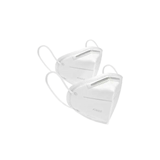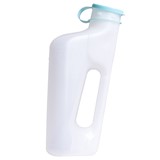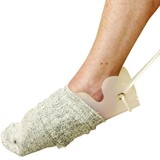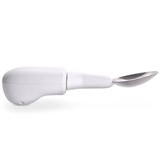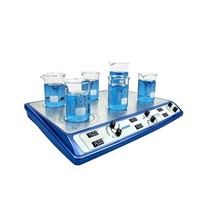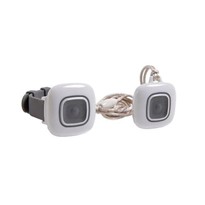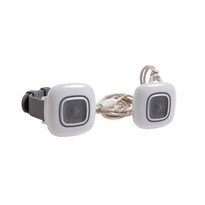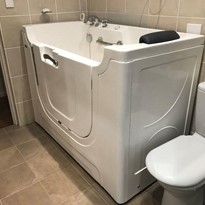Simple activities like getting out of bed or making yourself a light lunch in the kitchen can become difficult. Fortunately, aids for daily living exist to help us with these challenges. These products are designed to make everyday tasks easier and safer, especially for individuals with limited mobility. Read on to discover what independent living aids are and how they can benefit you or someone you know.
What are Independent Living Aids for Daily Activities?
Daily living aids are devices or products designed to help people with disabilities, limited mobility, or the elderly perform daily tasks safely and independently. These aids are meant to help people maintain their independence in their own home and community for longer, and improve their quality of life.
Benefits of Independent Living Aids for Daily Activities
The benefits of daily living aid products are numerous. Firstly, they help people with disabilities or limited mobility to perform daily tasks with ease and independence, which can significantly improve their self-esteem and mental well-being. Secondly, these aids can reduce the risk of accidents, such as falls, by providing a stable and secure support system. Thirdly, they can help alleviate the physical strain and fatigue associated with daily activities, making them more comfortable and less stressful.
Moreover, independent living aids can also help caregivers or family members of people with disabilities or limited mobility to provide better care and support. By reducing the need for assistance with daily tasks, caregivers can focus on providing emotional support and companionship.
Types of Independent Living Aids for Daily Living
There are various types of independent living aids available in the market, ranging from simple devices like grab bars, reachers, and shoe horns to more complex ones like mobility scooters, wheelchair ramps, and stairlifts. Other examples of independent living aids include shower chairs, commodes, bed grip handles, dressing aids, and kitchen aids.
1. Dining Aids
Dining aids are objects that can be devices, machines, or tools created to help with hand and mouth functions while eating. This category includes specialised utensils and flatware, such as adaptive spoons, knives, and food scoops that enable individuals to serve themselves. Additionally, this range offers other tools like cutting boards, food preparation systems, and other helpful devices.
2. Reacher Grabbers
A reacher grabber is a tool that assists individuals with limited mobility in retrieving objects and items. This device is particularly useful for individuals who may experience discomfort in their joints, muscles, or spine when bending or stretching themselves.
3. Household Aids
Household aids refer to a diverse range of items that facilitate housekeeping tasks, making them more manageable. This category encompasses everything from vacuum cleaners to dish soap and scrubbing brushes, with a seemingly endless list of options available. Choosing the appropriate household aid ultimately depends on your specific requirements and preferences.
4. Bathroom Aids
Performing tasks in the bathroom can be hazardous if you have difficulties living independently. A variety of bathroom aids are available, including shower seats, bathroom rails, over-toilet aids, shower stools, raised toilet seats, and many other options.
5. Lift Chairs
Lift chairs can be incredibly helpful for people with limited mobility or issues with balance. They are designed to assist with standing up and sitting down by using a built-in motor to lift the chair into a standing position and lower it back down into a seated position.
How to Choose the Right Living Aid to Facilitate Assistance with Daily Activities
There is an extensive range of independent living aids available to assist individuals with disabilities, and for someone who is not familiar with these devices, it can be challenging to determine the most suitable option.
Given the vast array of options available in the market, it's crucial for any potential buyer to conduct thorough research beforehand to determine the best product that would fit their particular situation. It's essential to consider factors such as the individual's current needs, the level of assistance required, and the expected future needs.
Selecting the appropriate products can be a complex and overwhelming process. However, it's crucial to choose a device that aligns with the individual's daily requirements, whether it's for grocery shopping or performing simple household tasks. Ultimately, the goal is to maintain independence for as long as possible, making it vital to find the right independent living aid.
Seeking advice from a healthcare professional is always recommended, especially for those with more complex needs, for pre- and post-surgery planning or specific health conditions. A healthcare professional can help assess the individual's needs, recommend the appropriate products, and provide guidance on the proper use.
In summary
Living aids for daily living can be incredibly beneficial for people with disabilities, limited mobility, or the elderly. They can help maintain independence, improve quality of life, reduce the risk of accidents, and alleviate physical strain and fatigue.



